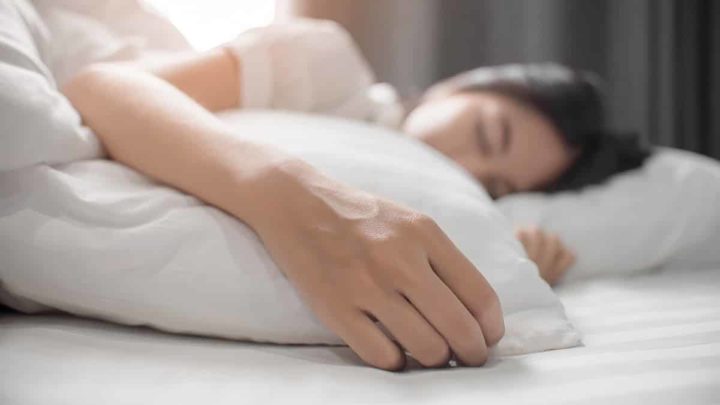Most people know that, sleep deprivation is bad for general health. Experts at Johns Hopkins University say that sleep-deprived people are more likely to catch a cold, are 48 percent more likely to develop heart disease, have an increased risk of blood pressure, are more likely to get in traffic accidents, and are at a greater risk for things like depression, anxiety, irritability, and forgetfulness.
The Centers for Disease Control and Prevention (CDC) recommends that young adults get 8 to 10 hours of sleep each night and adults get 7 hours or more per night.
But what happens for people who regularly sleep a lot longer than that? Does too much sleep cause health problems, too?
Unfortunately, it looks like the answer is yes. According to WebMD, “people who slept for nine or 10 hours every night were 21% more likely to become obese over a six-year period than were people who slept between seven and eight hours.” WebMD also links chronic oversleeping to back pain, depression, and headaches.
[Editor’s Note: The information provided should not be considered a substitute for professional advice. Please consult a sleep doctor or other medical expert if you have questions related to your own health.]
To be clear, these problems are associated with people who sleep 10+ hours most nights or every night. People who sleep this long on occasion, for example, if they’re sick or suffering from jetlag, that’s a different matter. Only about 2 percent of people suffer from chronic oversleeping, also known as “long sleeping” or hypersomnia. And these individuals may require as much as 10-12 hours of sleep every single night.
“The disorder often begins in childhood, and last throughout the subject’s life,” the American Sleep Association explains. “The sleep itself is very normal and deep. The disorder has not been connected to any genetic traits, medical conditions or psychological issues, and remains a relative mystery.”
WebMD explains that some health conditions could cause oversleeping, such as sleep apnea and depression. This would be a sleep problem that’s separate from hypersomnia as a standalone medical condition.
“If your oversleeping is caused by an underlying medical condition, treating this disorder may allow you to return to normal sleep habits,” WebMD advises. “Regardless of the cause of your oversleeping, practicing good sleep hygiene will help you reap the benefits of a healthy seven to eight hours of sleep each night.”
People who regularly sleep 10 or more hours each night might consider checking in with your doctor to see if there’s anything else going on with their health or mental health that could be a contributing factor. People who might suffer from hypersomnia, should ask their physician what you they can do to negate the documented side effects.
FAQs
Is it bad to sleep too much?
A person's individual sleep cycle is just that: personal. But generally speaking, sleeping more than 10 hours a night (also called Hypersomnia) can put people more at risk of health issues such as obesity, heart disease, diabetes and trouble sleeping.
Is oversleeping a real thing?
Yes. Chronic oversleeping is also referred to as Hypersomnia. It's recommended that young adults get 8 to 10 hours of sleep per night.
[Editor’s Note: The information provided should not be considered a substitute for professional advice. Please consult a sleep doctor or other medical expert if you have questions related to your own health.]
Featured image: Rachata Teyparsit/Shutterstock

